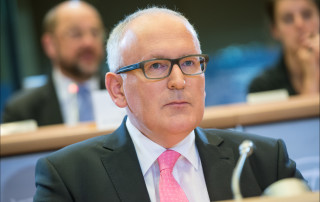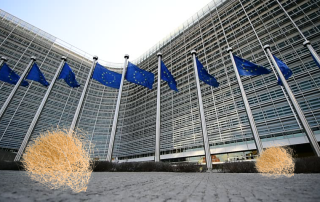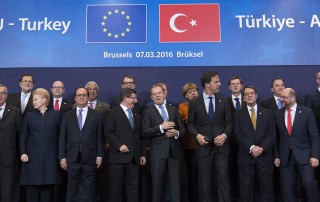Why is the European Commission not publishing reports on Corruption in the 28 Member States?
Helen Darbishire2018-11-13T10:03:41+01:00Madrid, 3 March 2017 – Fourteen (14) of Europe’s leading transparency organisations today submitted a formal request for EU documents in an attempt to understand what lies behind the European Commission’s surprise decision not to publish the EU Anti-Corruption Report, which was originally scheduled for publication in 2016. The unexpected decision to permanently shelve the second edition of the EU Anti-Corruption Report, first published in 2014, was announced by Vice-President Frans Timmermans in a letter to the European Parliament in early 2017. The watchdog organisations from across the European Union have requested documents relating to the decision to withhold the





